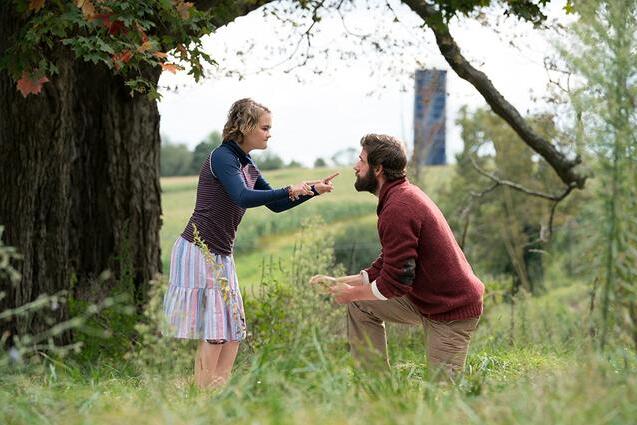In others, she made the kind of hand gesture most of us would make when saying that-a sort of banana-peeling mime that matches the content of the phrase.
但是,第二組志愿觀看的視頻中,她模仿默劇,做剝香蕉手勢。
In a third group, she made gestures with her hands that were unrelated to what she was saying.
在第三組志愿觀看的視頻中,她做了一些和剝香蕉毫不相干的手勢。
The results?
結(jié)果是什么呢?

People who got the matching content hand gestures remembered those phrases more effectively than folks who got just the words alone.
第二組志愿者比第一組記得更好;而第一組比第三組記得更好!
What does this show us?
這說明什么呢?
We already knew that all the hand-waving we do when we speak isn't just nervous energy; it serves various functions.
我們在說話時所做的手勢,除了情緒表達(dá)還有更多其它用處。
Apparently, one of them is to help the listener remember what you've said.
很顯然,手勢有助于聽者記憶。
譯文為可可英語翻譯,未經(jīng)授權(quán)請勿轉(zhuǎn)載!
來源:可可英語 http://www.ccdyzl.cn/Article/201903/580878.shtml











